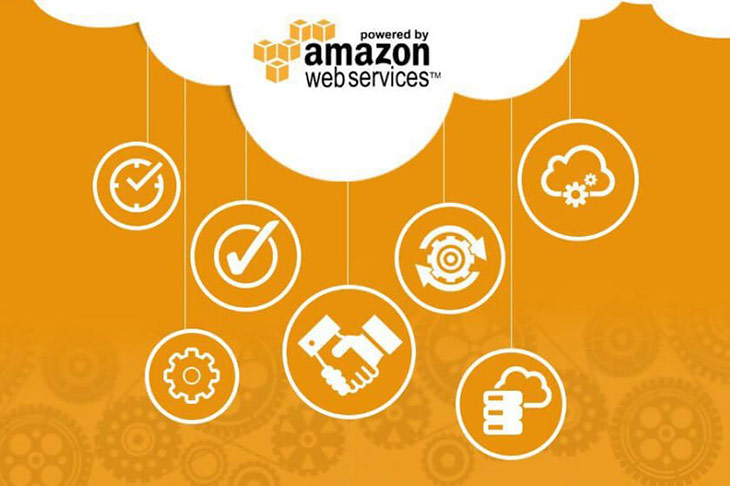
What are the Benefits of SAP Business on AWS?
SAP and Amazon Web Services (AWS) have been in a long term relationship since 2011, working together to certify multiple SAP solutions on AWS. Offering a wide range of SAP applications from the AWS cloud, they have provided fast and effective memory deployment options. Amazon is at the forefront in the cloud deployment services offering increased agility, reliability and cost savings, which can be leveraged by several enterprises via the SAP Business One. Amazon’s impressive capabilities are a solid fit for SAP’s cloud services as they together strive to conquer the new era of the cloud-based economy.
Understanding AWS
Region - A region refers to an independent group of AWS services available in a particular geographical region. The distinct regions enable you to design your web application in a way that they are located in a geographical region closest to your targeted customers. Simultaneously they also abide by the local data privacy regulation and laws.
Availability Zones - Availability zones are those locations that are operated in isolation within a region and are not affected by other availability zones. They provide good connectivity and low network latency for all other zones in that region.
Benefits of running SAP on AWS
Moving to AWS is a very smart choice for SAP customers as they can enjoy lower TCO, superb flexibility and the advantages of moving to an OPEX model. Let us take a look into some of these benefits:
- Great Compatibility - Amazon Web Services clouds support pretty much any type of servers on which the SAP solutions can be installed and run. Thereby, eliminating the need to change the server by your company. Some of the servers that are supported include Oracle Linux, Windows server 2008 and Red Hat Enterprise Linux./ SAP on AWS offers great compatibility as they also facilitate the running of various databases such as the SAP HANA and Microsoft SQL.
- Scalability and Flexibility - AWS provides several options of SAP configurations and the users needn’t worry about space and memory capacity of the service. This feature allows SAP users to choose the amount of memory that they wish to use. A user can start small and upgrade gradually to a higher capacity as and when required. This range of scaling up and down doesn’t take a lot of time to accomplish.
- Cost-Effective - A lot of businesses that run on SAP systems have shifted their workload to using SAP on AWS. This way A/WS features enable the companies to enjoy economies of scale, hence saving the companies costs and maximising the overall profit of the company.
- Security and Virtual Networking- AWS has changed the cloud computing arena by providing utmost safety and ensuring top-notch security. The Amazon Virtual Private Cloud enables you to define a virtual private network in an isolated area within the AWS clouds. This gives the com/pany or the individuals access to their data centres forming a private network along with the added benefits of AWS infrastructure.
- Speed and Performance - A variety of elastic compute clouds (EC2) has been developed by Amazon Web Services designed to meet specific workload demands. It can run on the latest 64 bit Intel processor operating at a low latency using the Amazon Network Adapter. The Amazon Network Adapter(ANA) facilitates the transmission of various data that may or may not be encrypted.
- Backup Data - AWS keeps all the relevant user data in the cloud and provides the necessary backup for your data at no cost. It is critical that all the necessary data needs to be backed up by the cloud services.
Pros and Cons of running SAP on AWS
The AWS cloud as we have seen comes with numerous benefits and also poses some challenges that need to be overcome. The cost-effectiveness is the greatest benefit of SAP on AWS and some challenges faced usually occur in the operating model and the security area.
The AWS cloud is extremely suitable for SAP live systems as they provide you with a public cloud as well as a certified platform. The scaling feature also enables you to operate very large SAP systems in the AWS cloud. On the other hand, the basic support provided by the SAP systems may not be enough for the users to overcome certain issues regarding security and scope of service.
SAP systems may vary vastly over various SAP landscapes and we can take a look at some typical profiles:
- Large ERP system (on-premise) - A three-tier ERP system installed on-premise with 6000 registered users and 3000 active users a day.
- Small ERP system (on-premise) - A three-tier ERP system installed on-premise with 300 registered users and 250 active users a day.
- Small ERP system (outsourced) - A three-tier ERP system operated by an outsourcing provider with 250 active users a day.
- SAP all-in-one (on-premise) - Multiple three-tier ERP, BI or CRM installed on-premise with 100 registered and 75 active users per day.
A study for each system landscape comparing the overall costs of traditional hosting versus the AWS cloud hosting was conducted. From this study, it was concluded that SAP all-in-one on-premise landscape came out to be the most cost-effective solution whereas the small ERP outsourced system secured the position of the least cost-effective solution.
Some of the common cost models that were studied for these systems include hardware and software investment, implementation, ongoing tech infrastructure, operations, continuous improvement processes and upgrades. This study deduced that the SAP all-in-one system scored the highest in every category of these parameters and the SAP outsourced ERP proved to be the least cost-effective.
Conclusion
Amazon Web Services has a robust APN partner ecosystem with plenty of Consulting and IT partners that support their customers globally. SAP on AWS has an array of functions that suit a wide-ranging business or personal SAP workload. Even better, operating the SAP system on AWS cloud cuts back major costs and takes your unique business environment int/o account while providing world-class services. AWS as a platform also makes the migration very simple if you are already an SAP customer.
It is therefore highly beneficial to find a partner that can make this digital transformation seamless for your organisation. Several partners have got the expertise and a rock-solid foundation on SAP and AWS with exceptional market reputation. The first step for your organisation is to find the perfect partner that can understand the nuances and requirements of your enterprise and work with it to deliver an excellent cloud strategy.


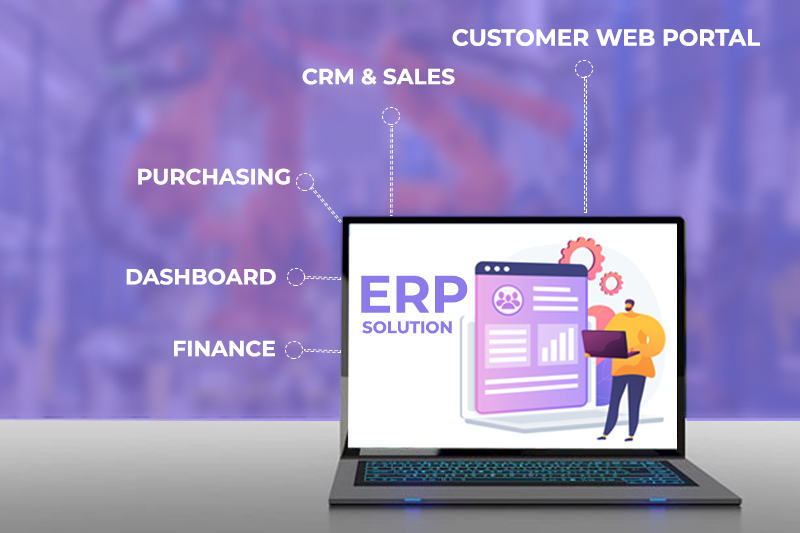
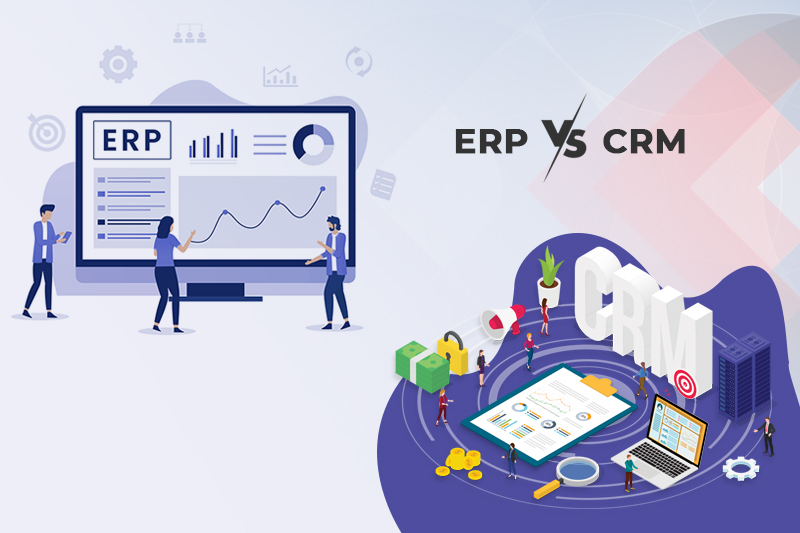
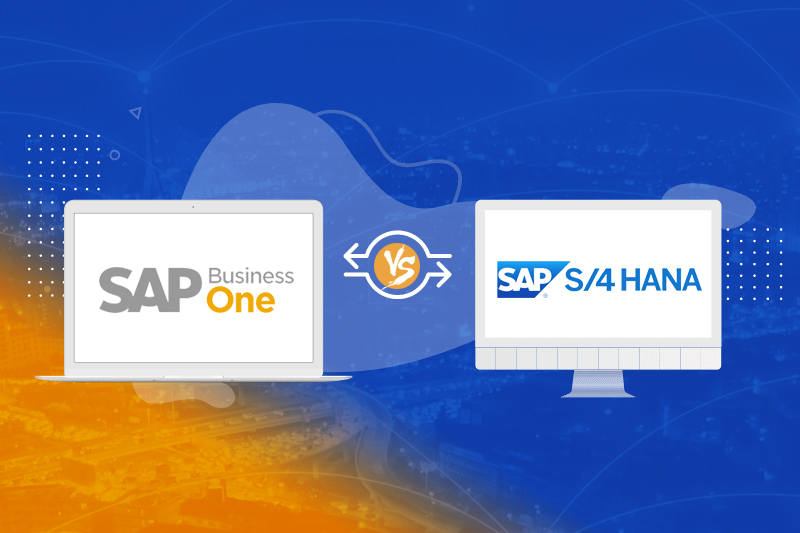

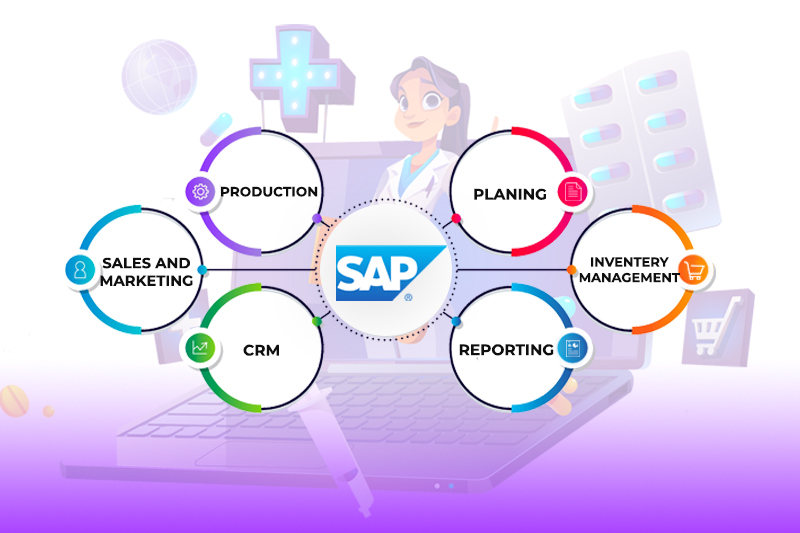


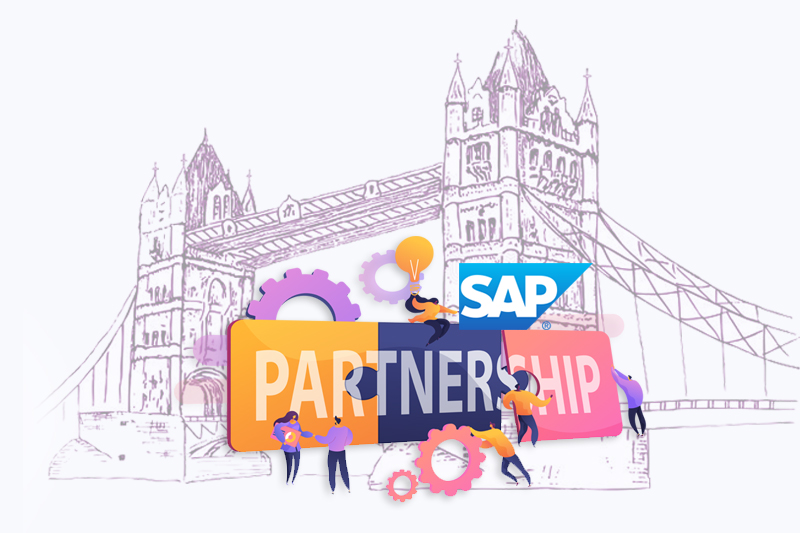


Add a comment